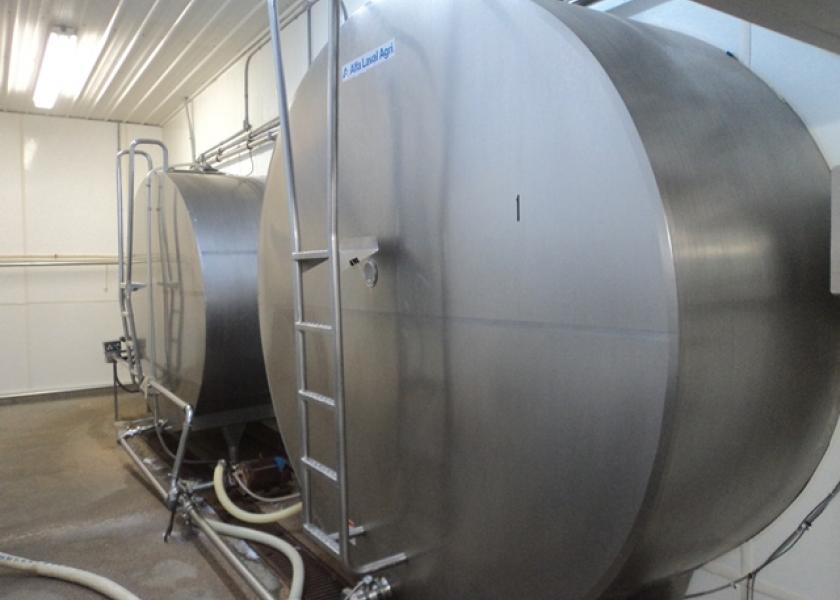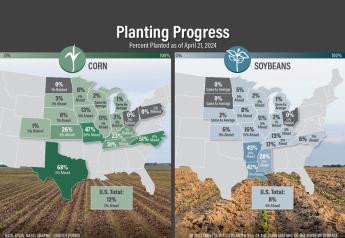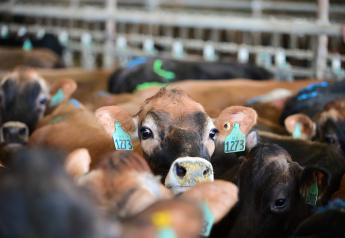Winter Storm Uri’s Full Impact Crosses Borders

Winter storm Uri, which caused chaos and pain across much of Texas and other states in the Southern Plains also devastated the neighboring border states in Mexico. The widespread snow and ice storm lasted five days, from February 13-17, and the devastation it caused still lingers.
Uri began in the Pacific Northwest before sweeping south into New Mexico, Texas, and Oklahoma on February 14-15. Some cities in Texas recorded their heaviest snowfall ever, while others broke decades-long records. By the time the storm ended, 80% of Texas was covered in snow, followed by the coldest temperatures in decades for some cities, according to weather.com.
Snow and ice made many roads impassable, preventing milk trucks from reaching farms and manufacturing plants, and one large butter-powder plant was forced to close for several days as energy companies rationed power, according to the Daily Dairy Report. Impassable roads also required several large bottlers in Texas to close temporarily, and while supply lines are refilled, milk driers will likely be running lighter schedules.
The storm’s chaos and devastation was not limited to the United States, noted Betty Berning, analyst with the Daily Dairy Report. Across the border, 60% of Mexico’s electricity is generated by natural gas, with 80% of that coming from the United States.
“As equipment froze stateside, natural gas was unable to reach Mexico, and the country only had a five-day supply of natural gas,” Berning said. “Texas Gov. Greg Abbott ordered natural gas suppliers to serve local customers first, further exacerbating Mexico's problem. These factors caused electricity prices to skyrocket both in Texas and across the border in Mexico, and dairy producers and processors on both sides of the border were left with major supply chain disruptions.”
Rolling blackouts spread through 26 of Mexico’s 32 states, extending as far south as Quintana Roo, according to the BBC. “Northern Mexico, where nearly 5 million consumers were without power on Feb. 15, was hit especially hard,” Berning said. “The rolling blackouts lasted less than an hour at a time and occurred intermittently over several days, making it difficult for manufacturing plants to operate normally.”
Dairy producers, and some plants, in both the United States and Mexico had no choice but to dump milk. “Some dairy producers in Mexico used diesel generators to run milking equipment and cool milk, which increased production costs,” she added. “Refrigeration was a problem, and some farms and plants had to dump milk.”
The Mexican states of Coahuila and Chihuahua, both located in northern Mexico and home to some of the country's largest dairy operations, were most affected by the blackout. Berning noted that the resulting impact of the severe blackouts in these states, will likely impact the production of dairy products.
Last year, Mexico was the world’s second-largest importer of skim milk powder, and in previous years, the country was the global leader. Mexico also imported more than 250 million pounds of cheese in 2020, according to Trade Data Monitor, and the country is the United States’ largest market for dairy products.
“A slowdown in Mexican milk production and processing could increase the country’s need for dairy imports as it works to keep its demand pipeline full,” Berning said.
While it’s too early to calculate Uri’s toll on either U.S. or Mexican milk production, fallout from winter storm Goliath—a smaller late 2015 storm that pounded West Texas and eastern New Mexico—lasted for months. That storm forced extraordinarily high culling and adversely affected production in the remaining cows, according to the Daily Dairy Report. One month after Goliath, milk production had fallen 12% in New Mexico and 6.7% in Texas, compared to January 2015. Likewise, average monthly milk output per cow plunged 170 lbs. in New Mexico and 70 lbs. in Texas.







